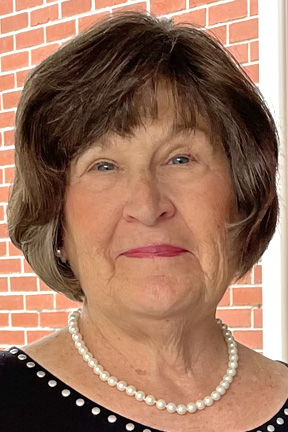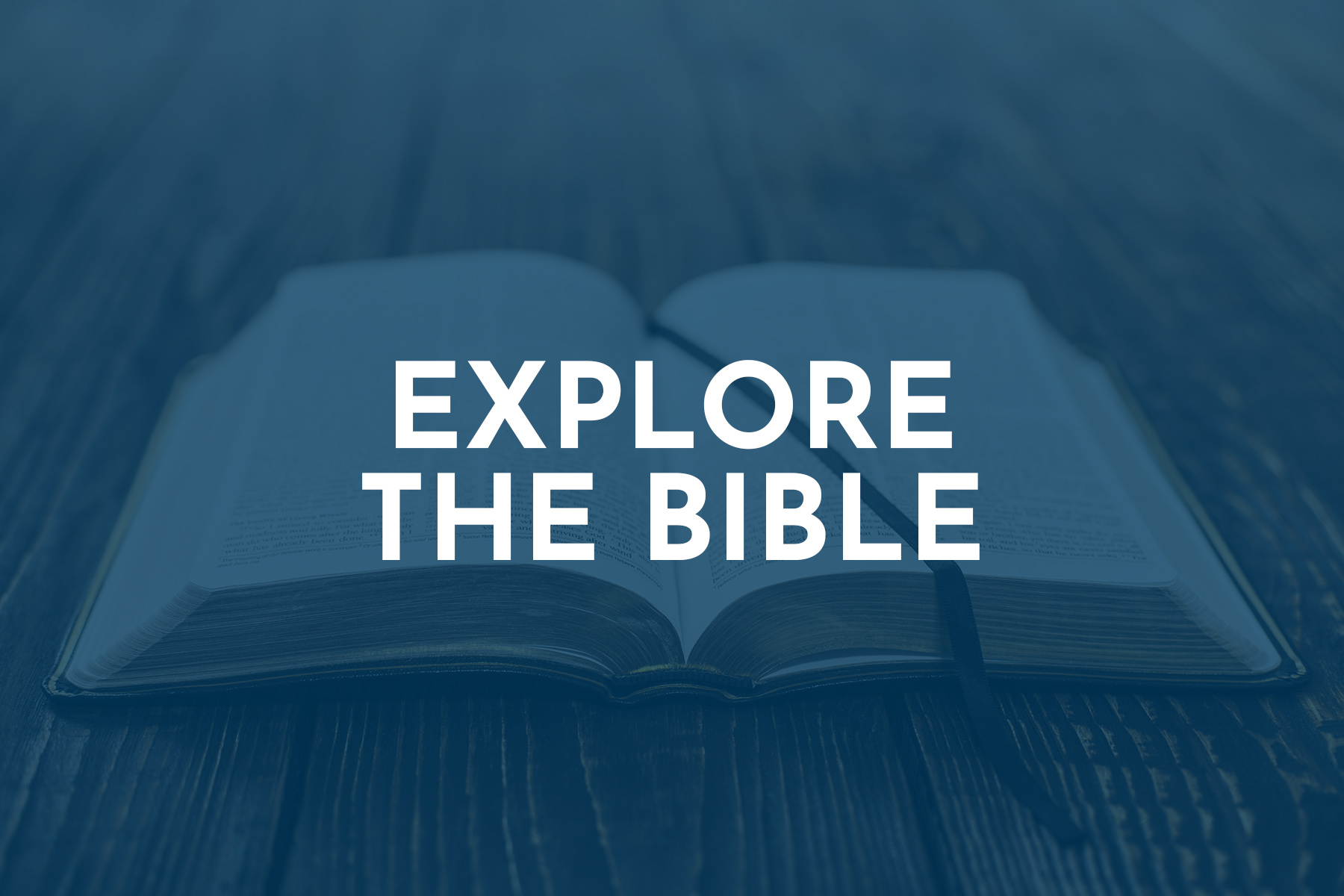Renewed • Genesis 35:1-15
By Laura Lee Leathers

After Jacob’s experience at Jabbok, he encounters Esau with his 400 men. The brothers were reconciled because of God’s grace. After their meeting, Esau went to Seir, but Jacob traveled to Succoth. It was a temporary stop for him to set up shelters for his livestock.
Then Jacob moves his tribe to Shechem. He purchases a section of land and sets up an altar. He called the altar “God, the God of Israel” or El-Elohe-Israel (Genesis 33).
Genesis 34 tells the story of Dinah, Leah’s daughter. She was raped by Shechem, son of Hamor the Hivite. Shechem asks his father, Hamor, to ask Jacob for permission to marry Dinah. Hamor’s goal was to intermarry his tribe with Jacobs.
Meanwhile, Simeon and Levi, “deeply grieved and angry” (v. 7), deceitfully devise a plan requiring all the men of Shechem to be circumcised. On the third day, Simeon and Levi “took their swords, went into the unsuspecting city, and killed every male” (vs. 25-31). Their brothers joined them in plundering the city and capturing “all their possessions, children and wives.”
Jacob was upset because of what had occurred, and he was concerned that he would be repulsive to the other inhabitants of the lands — the Canaanites and the Perizzites.
Get Up! (Gen. 35:1-4, CSB) — God comes to Jacob and instructs him to “Get up, go to and settle in Bethel, and build an altar to God.”
But before Jacob proceeds to move forward, he tells his family to get rid of the foreign gods in their possession, purify themselves, and change their clothes. The foreign gods, man-made objects, may have been picked up when the city was plundered. Rachel brought idols from Aram.
Also, Jacob’s sons were ceremonially unclean because of the brutal killing they were engaged in at Shechem. “This act of purification was intended to look forward, to prepare Jacob’s family for impending ritual actions that were about to happen in Bethel” (Lifeway, see Lev. 16:3-4; 17:15).
Jacob echoes God’s commands to his family, “We must get up and go to Bethel.” Notice how Jacob referenced God as the one “who answered me in my day of distress. He has been with me everywhere I have gone.” Jacob is giving God a new name and affirming God’s presence with him.
Everyone gave their “foreign gods and their earrings” to Jacob. He hides them “under the oak tree near Shechem” (see Gen. 12:6; Judg. 6:11,19). The burying of the items may have followed the train of thought that people were not to destroy “sacred objects.” Also, Jews were known to have buried their worn-out scrolls and other items out of respect.
Build (Gen. 35:5-8) — We can assume that the people heard about what had happened in Shechem across the region. The Canaanites would have been angered and vindictive. However, “a terror (in Hebrew, chittah) from God came over the cities, and they did not pursue Jacob’s sons.” The word terror implies a horrible dread, only used here in the Old Testament.
Jacob and his family return to Luz (Bethel), the location of his first encounter with God (28:10-22). He builds an altar called El-bethel, which means “God of Bethel.” God had revealed Himself to Jacob here, protected and provided for him, and brought him back. These were defining moments in Jacob’s life.
In this passage, we learn about the death of Deborah. She was Rebekah’s wet nurse and went with her when she became Isaac’s wife. She probably helped raise Esau and Jacob. The family mourned her loss and buried her under another oak, Allon-bacuth, meaning “Oak of Weeping.”
Renewed (Gen. 35:9-15) — In this passage, God appears to Jacob again and blesses him (vs. 10-12). Again, the name Israel is mentioned, but it took on a broader meaning this time. God gave Jacob this name, a new identity, and it included his descendants. Jacob’s descendants would inherit the promises given to Abraham (12:1-3; 17:4-8).
In verse 11, “I am God Almighty” means El Shaddai. Then God says, “Be fruitful and multiply,” referring to God’s original intention (1:27-28, renewed 9:1,7). The last sentence, “A nation, indeed an assembly of nations, will come from you, and kings will descend from you.” The fulfillment of this promise is seen in Exodus 1.
God’s chosen people were called to be a nation set apart as a witness to the nations (19:3-8). From Abraham, Isaac, and Jacob’s seed would come God’s Messiah, Jesus, the atoning sacrifice for the sin of the world (John 1:29, 35; 3:16-18).
Jacob sets up a stone marker and pours a drink offering on it, the only time mentioned in Genesis (see Num 28:7). Jacob had encountered God — a renewed life!
Leathers is a member of First Church, Lexington.




